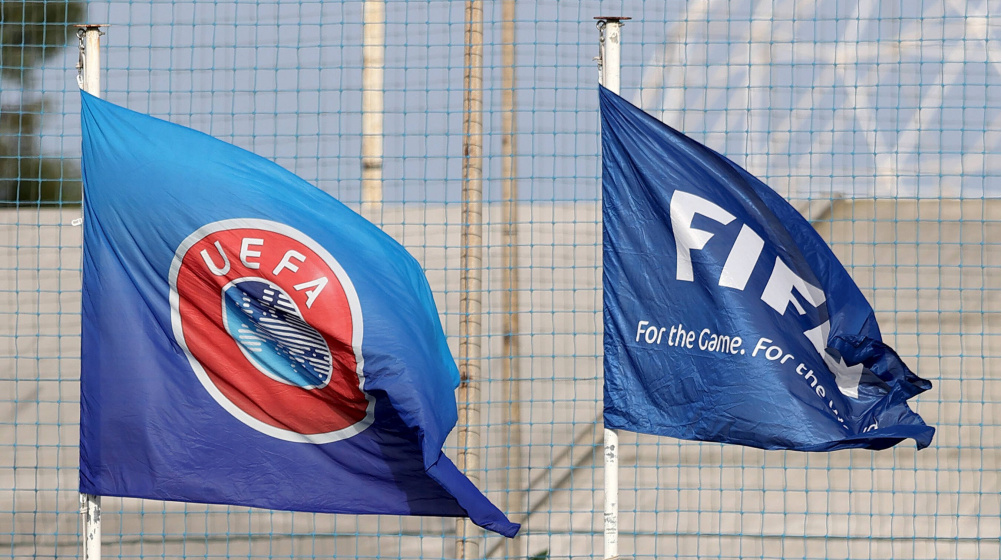Financing from UEFA funds

©IMAGO
A new funding proposal from the Union of European Clubs (UEC) could transform how football clubs across Europe are rewarded for developing young talent. The UEC, which represents 140 clubs across 25 nations, has proposed a scheme called the “Player Development Reward” (PDR), which would redistribute €220 million annually to clubs outside the Champions League group stage for their role in producing professional players. The money would be drawn from 5% of UEFA’s club competition revenue, which currently totals around €4.4 billion per season. Instead of relying on transfer fees or FIFA solidarity mechanisms—which the UEC argues are outdated and inconsistent—the PDR would link rewards directly to a player’s development pathway and playing time in UEFA competitions. The aim is to provide a more equitable and transparent system for acknowledging the contribution of smaller clubs to elite football.
According to a simulation of the 2023/24 season by the body, around 1,500 clubs would have benefited from the proposed structure, with over 400 clubs receiving more than €100,000. Among the biggest hypothetical recipients were Ajax (€5.4m), Schalke (€3.5m), Bayer Leverkusen (€3.4m), and Stuttgart (€3.2m). But there were also a number of British clubs, including St Mirren, who stood to receive €262,000 due to their role in developing John McGinn, now a regular starter for Aston Villa in the Champions League. Aberdeen would have earned approximately €215,000, while even Bury, now outside the English league system, could have received €15,000, showing how far reaching such payments would go.
The PDR scheme is reportedly intended to bridge the growing gap between elite and smaller clubs. UEC argues that the current rewards structure disproportionately benefits clubs with the most financial power, and fails to adequately compensate those investing in youth infrastructure. With transfer fees increasingly inflated and many development clubs left unrewarded, the PDR proposes a solution that incentivises long-term investment in training facilities, coaching, and local scouting networks. If adopted by UEFA, the scheme could represent the most significant change in youth development policy in a generation.


